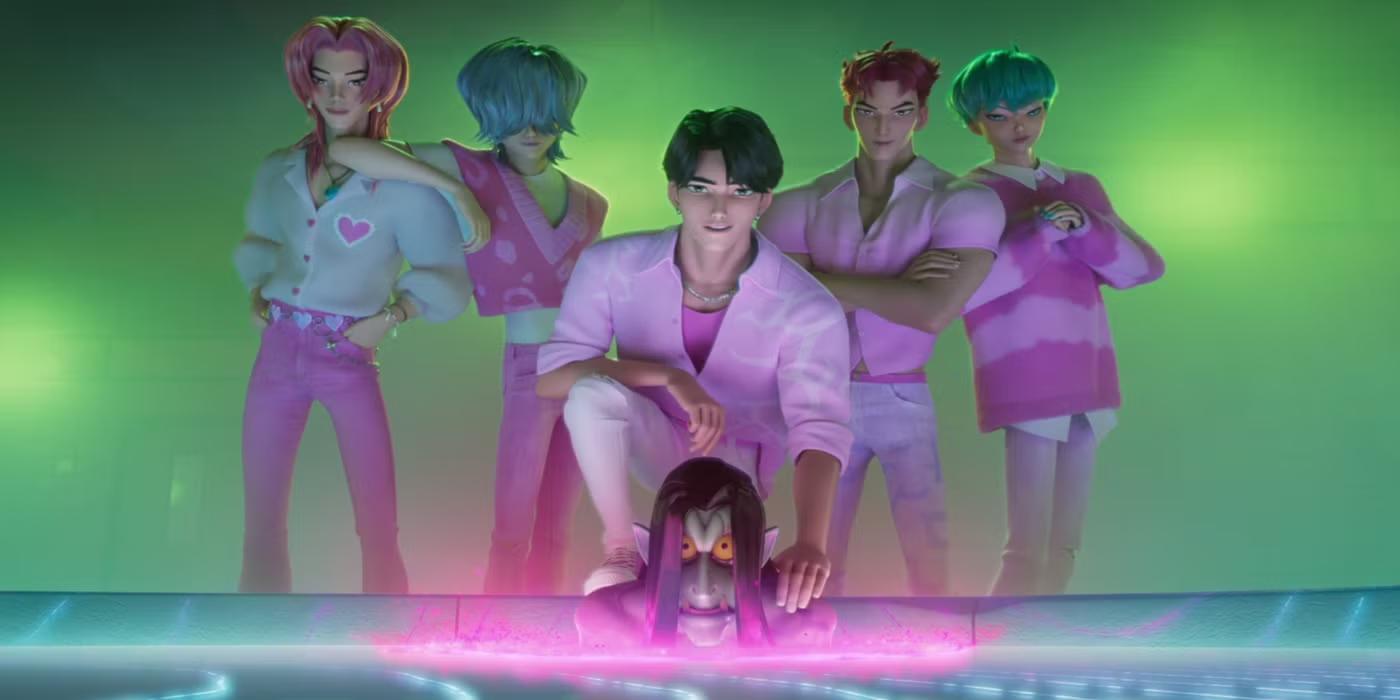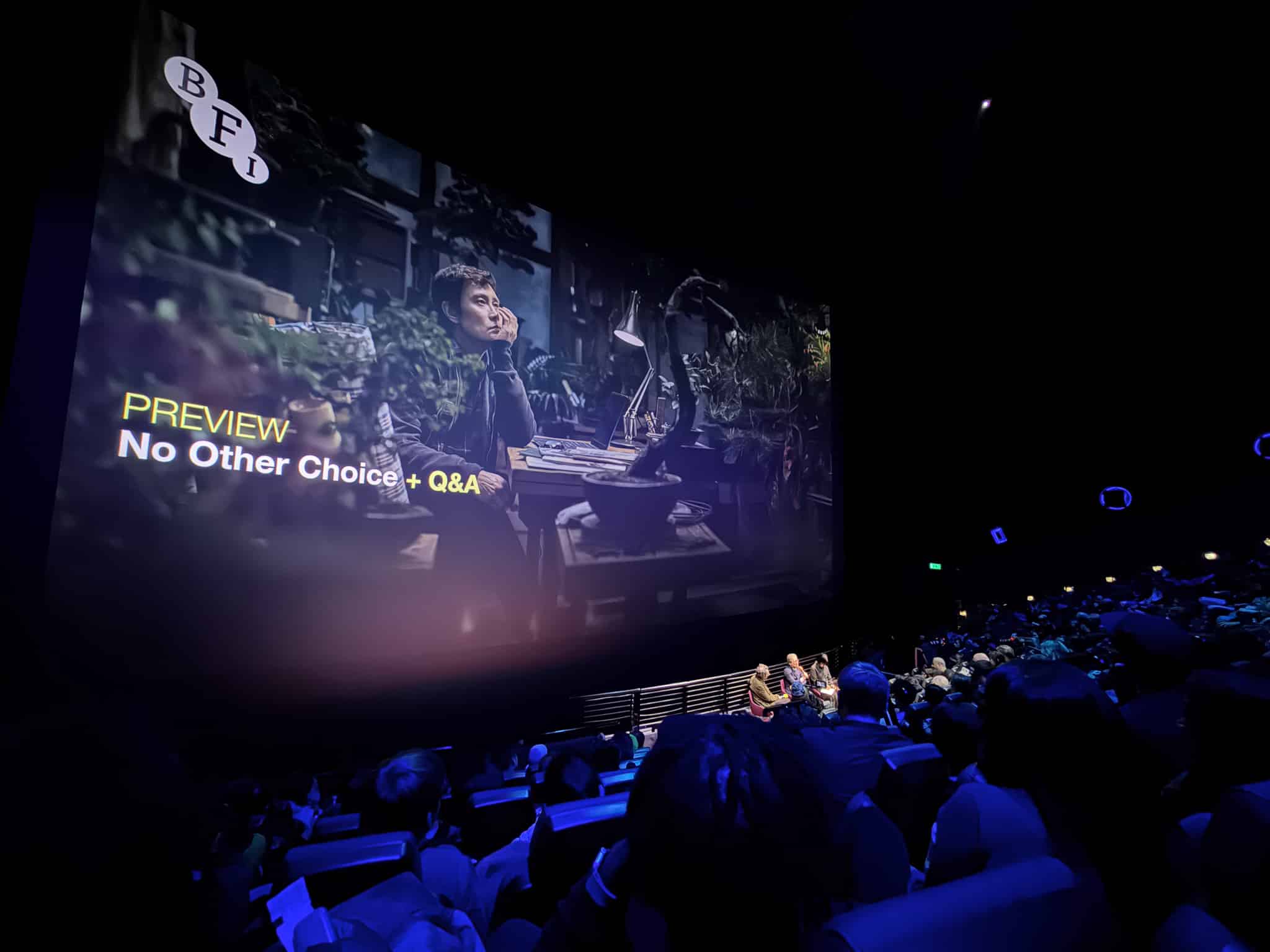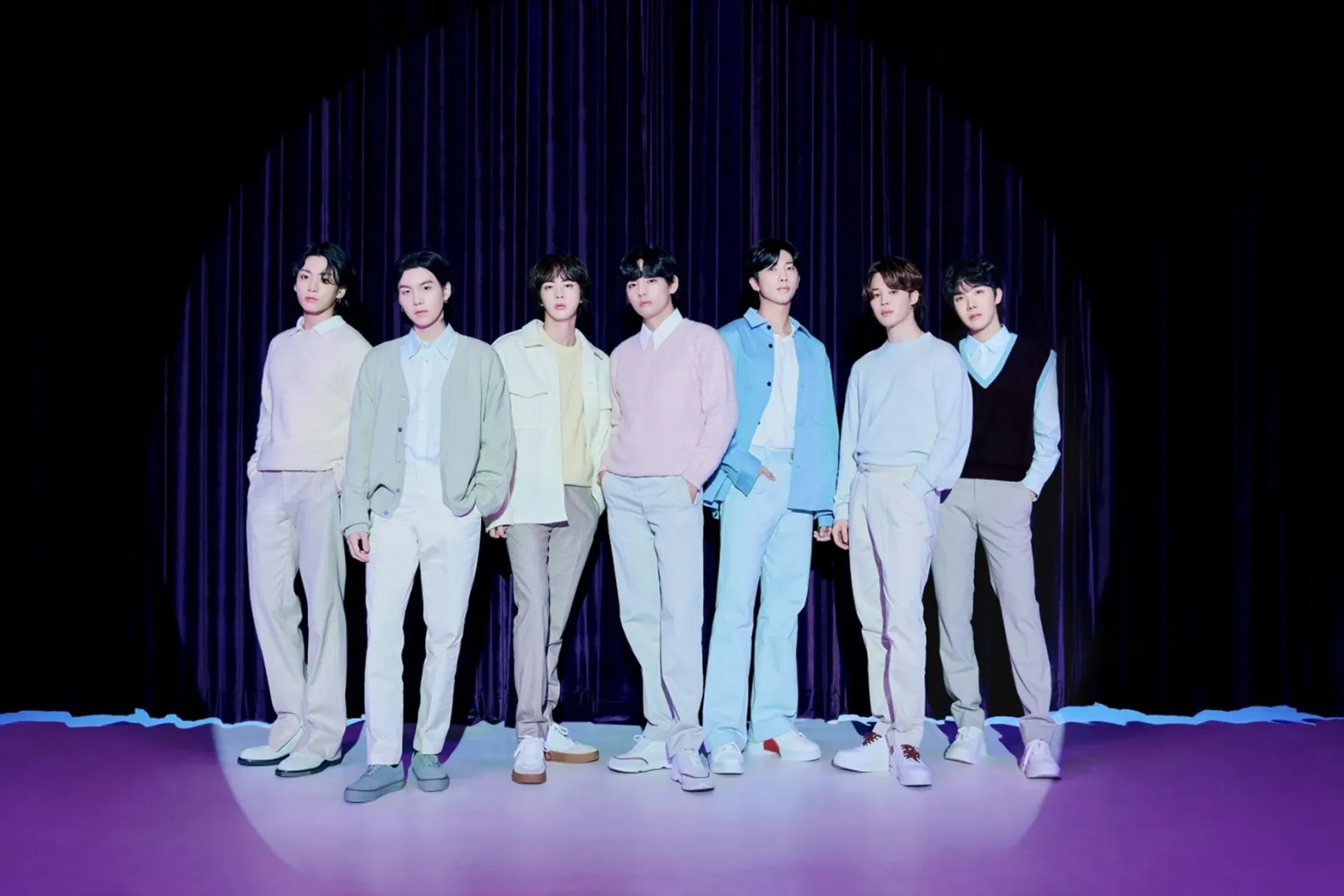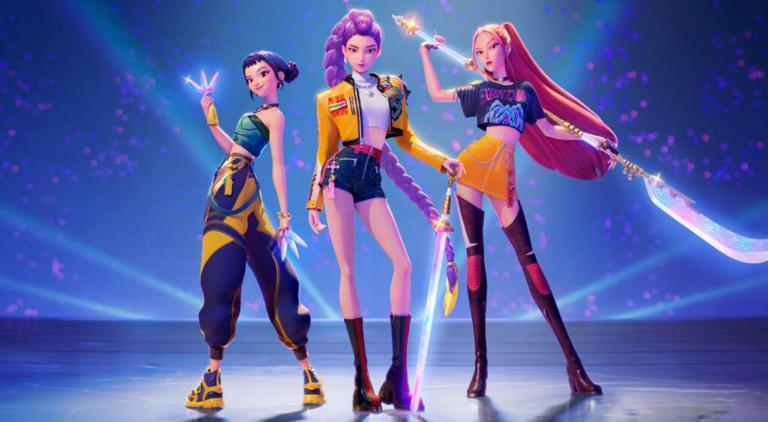Netflix has a knack for turning culturally specific productions into worldwide phenomena. From the dystopian thrills of Squid Game to the high-stakes drama of Money Heist, the streaming giant has demonstrated a clear understanding that unique local stories can possess universal appeal. Their latest triumph, Kpop Demon Hunter, solidifies this strategy, proving itself not only a breakout hit but a serious contender for the 2025 Academy Awards.
The animated musical adventure quickly shot to the top, securing the number one spot in 41 countries and dominating global movie charts for four consecutive days. Critics have lauded its innovative blend of K-pop musical numbers, supernatural action, and heartfelt storytelling. The film’s critical reception has been stellar, boasting a 96% critic score and an 85% audience score on Rotten Tomatoes. Its original soundtrack has also soared, with ‘Your Idol’ reaching number one on Spotify’s US Daily Top 50 and the album hitting number three on the US Billboard 200.
Read more: ‘KPop Demon Hunters’ Soundtrack Success: ‘Golden’ Eyes Awards Recognition
The widespread positive response to Kpop Demon Hunter, considering its specific cultural foundations, presents an interesting case study in the dynamics of global entertainment. It has been a clear favourite with audiences and critics, evidenced by its strong performance metrics and early discussions about its potential to receive an Oscar. This kind of impact confirms that films with a distinct cultural heart can absolutely find a large and eager audience across different continents
The “Koreanism” Principle: Exporting Feeling, Not Just Culture
At the heart of Kpop Demon Hunter‘s distinct appeal lies director Maggie Kang’s vision of “Koreanism.” It’s not simply about showcasing Korean culture; it’s about conveying a deeply felt Korean worldview through a universally accessible format. The film weaves together elements of Korean shamanism, traditional tiger and magpie motifs, and familiar Seoul cityscapes, alongside the vibrant energy of the K-pop industry.
Kang’s approach ensures that while the film is undoubtedly Korean, its emotional core speaks to audiences everywhere. This blending of deeply embedded cultural references with global pop sensibilities appears to be a winning formula.
“I understand that it could be a little strange that a Korean story is told in English,” Kang remarked in a Q&A with the press. “I think that it is very powerful that a culturally Korean movie was produced by an American company… I think it tells us how far Korean culture has come and how big of a cultural force we have become.” This effectively creates a unique form of “reverse culture propagation,” where Western animation techniques and global distribution channels are used to amplify and spread Korean cultural viewpoints across the world.
Beyond the Beats: Shame, Identity, and the Power of Self-Acceptance
Beyond its visual flair and catchy tunes, Kpop Demon Hunter handles surprisingly complex psychological themes. The film frequently explores feelings of shame, regret, and unhealed trauma, often personified by the “markings of shame” on Rumi, one of the K-pop idol protagonists who is part-demon. These markings symbolise hidden guilt and inner struggles that many people keep secret.
The story cleverly uses the demonic Saja Boys, who exploit characters’ insecurities and vulnerabilities, to highlight how easily buried feelings can be manipulated. The film’s central message centres on the importance of facing one’s flaws, being honest with oneself, and seeking support from others. It touches on toxic coping mechanisms and powerfully illustrates how music can serve as a potent force for connection and healing.
Ahn Hyo-seop, who voices Jinu, reflected on the film’s deeper meaning, stating, “I hope that this film reminds people that we all have darkness within us, and sometimes the bravest thing we can do is to just face it. And at its core, this is a story about finding the strength to trust your own voice and move forwar2d.” This presents the pop idol, usually seen as a flawless figure, as someone battling very human, internal demons, making them incredibly relatable.
A Mirror for the Diaspora: Celebration and Scrutiny
For the Asian diaspora, Kpop Demon Hunter has become a significant talking point. Many celebrate the film for its vibrant portrayal of Korean culture and its contribution to greater Asian representation in global media. It’s a joyful experience for those who grew up feeling their culture was “weird” or something to hide.
As psychology professor Paul Youngbin Kim, expressed, watching the film with their family felt like a “tremendously corrective experience” to a childhood where Korean music was met with laughter and dismissal: “When K-pop is consumed in a healthy manner… it is an unapologetic centering of Korean culture. And when it is brought to light, revealed to others, there is acceptance and validation — just like Rumi ultimately experienced in KPop Demon Hunters when her patterns were exposed to others.”
However, the film has also faced scrutiny from some within the diaspora. Discussions have arisen concerning the portrayal of Asian men, with some viewers expressing discomfort over certain character depictions. There have also been claims from Chinese netizens, cited by ChosunBiz, alleging “cultural appropriation” and “plagiarism,” highlighting similarities in character outfits and architecture to Chinese cultural elements.
Read more: ‘KPop Demon Hunters’: Creators Share Secrets in Reddit AMA
These debates underscore the complex expectations placed on productions that aim to represent specific cultures on a global stage, underscoring the ongoing push and pull between cultural celebration and potential misrepresentation or dilution. Wooyoung from the K-pop group Ateez also publicly noted that the film’s portrayal of an idol’s job was not entirely accurate, stating that he “couldn’t get immersed in the story because the life of idols shown there was far from reality,” offering a unique perspective from a real industry insider.
Netflix’s Global Blueprint: A New Era for Hollywood?
Kpop Demon Hunter‘s rapid ascent is more than just an individual success story; it’s a blueprint for Netflix’s strategic investments in hyper-localized content. By empowering creators like Maggie Kang with significant budgets and the vast reach of its platform, Netflix continues to prove that culturally specific stories, when told with care and quality, can transcend borders.
Read more: ‘KPop Demon Hunters’: Who’s Voicing Your Favorite Demon-Slaying Idols?
The film’s blend of animation, music, action, and mythology makes it highly appealing to many different audiences, from K-pop fans to animation lovers and families. Its impressive financial performance, seen in global viewership, chart-topping soundtracks, and strong Oscar buzz, confirms its status as a major player in the global entertainment industry. This level of impact for a film celebrating Korean culture through a global lens underscores a powerful truth about modern cinema. Kpop Demon Hunter illustrates how meaningful stories, shared across cultures, are becoming the heart of global entertainment.









